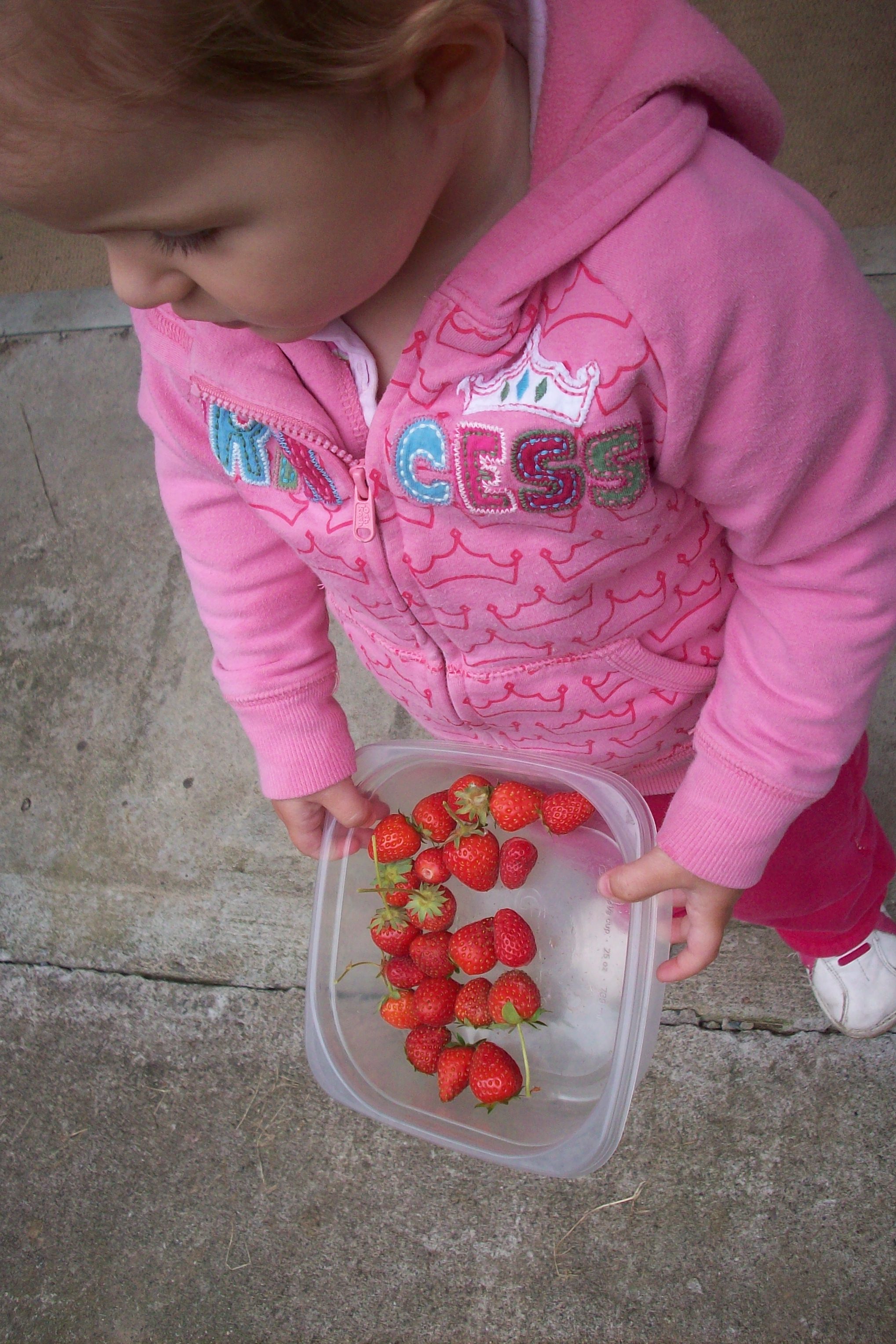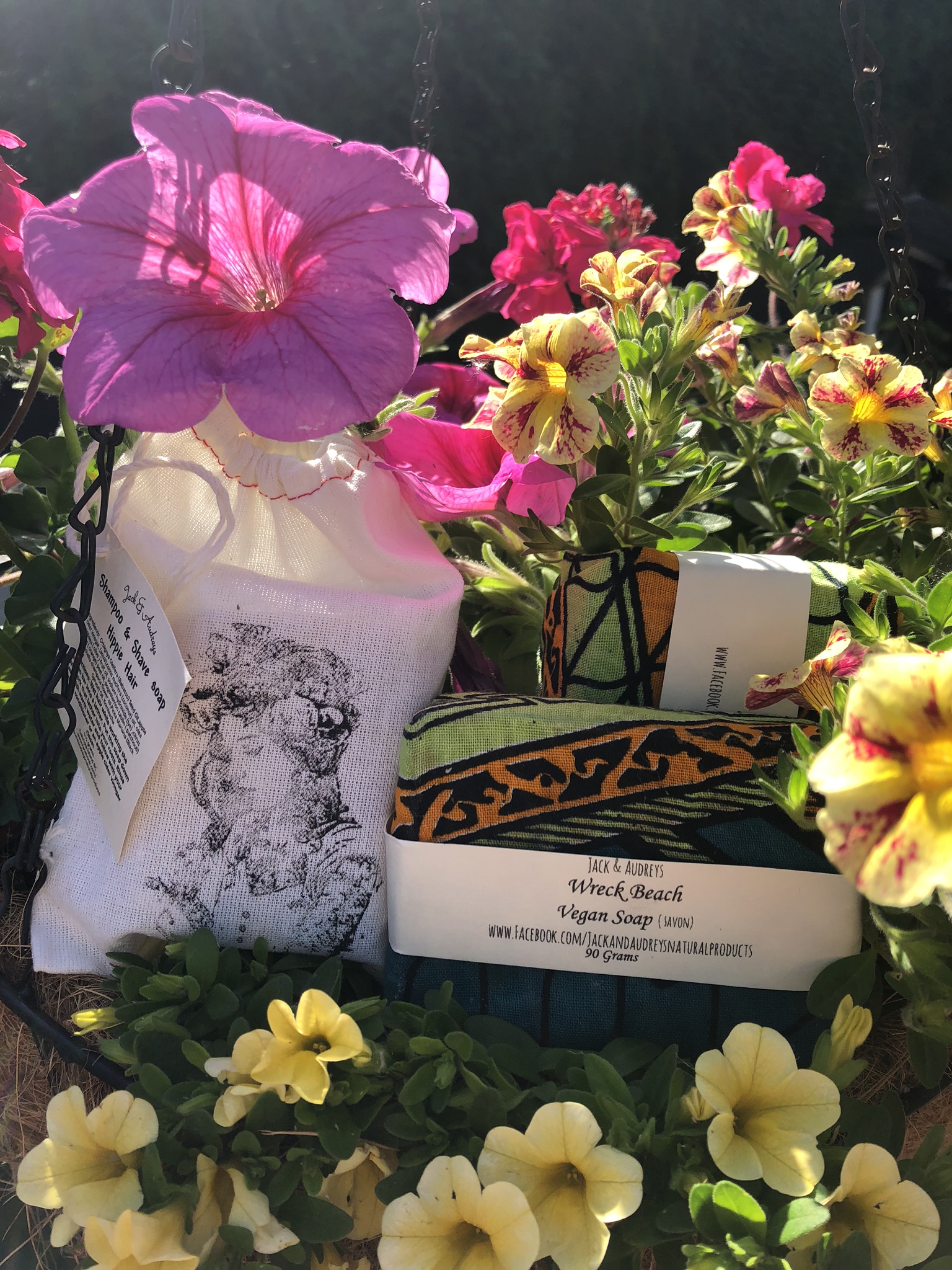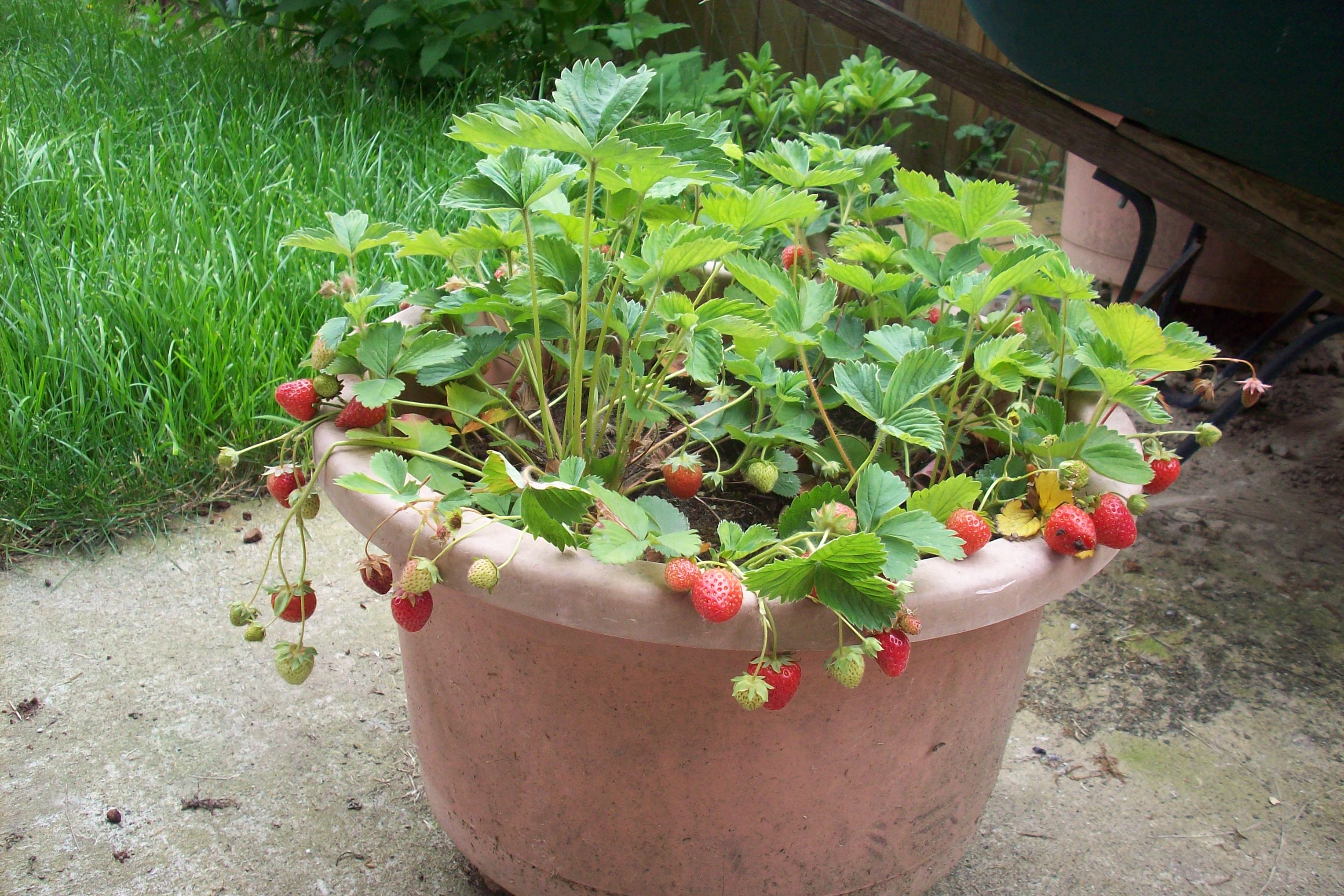10 Easy Zero Waste or Reduced Waste Swaps for Sustainable Living
Ready to kickstart your journey towards sustainable living? Here are ten simple swaps that can help you reduce waste and make a positive impact on the environment. These easy steps are perfect for beginners and can quickly become part of your daily routine.
Why Sustainable Living Matters
Embarking on a sustainable living journey isn't about achieving perfection but making consistent, mindful choices to minimize waste. There's no one-size-fits-all approach or a "best" place to start. Each person’s journey is unique, and it’s important to find what works best for you and the environment. The beauty of sustainable living is its flexibility—anyone can adapt it to their lifestyle.
As someone who's been on this journey for years, I've learned that every small step counts. While I'm not living a completely waste-free life, I've made significant improvements in various aspects of my daily routine. It's crucial to understand that living an eco-friendly life doesn't mean you have to give up the things you love. Instead, it’s about making lasting changes in areas where you can make the most impact. It's about finding balance and making mindful decisions that benefit both you and the planet.
How Do You Know Where to Start?
Begin by identifying areas in your life where you generate the most waste. This could be in the kitchen, bathroom, or even your shopping habits. Choose one area to focus on and make small, sustainable changes there. For example, if you notice you use a lot of plastic bags, start by bringing your own reusable bags when you go shopping. Once that becomes a habit, move on to another area. This method aligns with sustainable living principles.

1. Bring Your Own Reusable Bags
One of the easiest swaps you can make is to bring your own reusable bags when you go shopping. To remember to bring them, keep a few in your car, by the door, or even in your handbag. This way, you'll always have them on hand when you need them. Reusable bags are a great way to reduce single-use plastic waste and promote sustainable living.
2. Switch to a Reusable Water Bottle
Ditch the disposable plastic water bottles and invest in a reusable one. When choosing a reusable water bottle, consider factors like material (stainless steel, glass, or BPA-free plastic), size, and design. Look for one that's easy to clean and fits your lifestyle. Not only will you reduce plastic waste, but you'll also save money in the long run, contributing to sustainable living.
3. Use Reusable Coffee Cups
If you're a coffee lover, bring your own reusable coffee cup to your favorite café. Many coffee shops even offer discounts for customers who bring their own cups. To make it a habit, keep your reusable cup in your bag or car so you always have it with you. It's a simple swap that can make a big difference and support sustainable living.
4. Opt for Cloth Napkins
Instead of using paper napkins, switch to cloth napkins. They're more durable, can be washed and reused, and add a touch of elegance to your meals. To make the switch, start by buying a few cloth napkins in colors and patterns you like. Keep them in a convenient spot in your kitchen so you can easily grab them when needed. This small change promotes sustainable living by reducing paper waste.
5. Choose Reusable Food Storage
Replace single-use plastic bags and cling film with reusable food storage options like glass containers, beeswax wraps, and silicone bags. These alternatives are not only eco-friendly but also help keep your food fresh for longer. To get started, gradually replace your plastic storage with reusable options as they wear out. This is a key step towards sustainable living.

6. Buy in Bulk
Buying in bulk reduces packaging waste and often saves you money. Bring your own containers to bulk stores and fill them with items like grains, nuts, and spices. To make it easier, keep a list of bulk items you regularly use and bring your containers when you go shopping. This practice supports sustainable living by minimizing packaging waste.
7. Use Bar Soap and Shampoo Bars
Swap out liquid soap and shampoo bottles for bar soap and shampoo bars. They come with minimal packaging, last longer, and are just as effective. When choosing a shampoo bar, look for one that suits your hair type and is made with natural ingredients. There are many options available, so you can find one that works for you and aligns with sustainable living principles.

8. Make Your Own Cleaning Products
Homemade cleaning products are easy to make, effective, and free from harmful chemicals. Simple ingredients like vinegar, baking soda, and essential oils can be used to create a variety of cleaning solutions for your home. To get started, find a few DIY recipes online and gather the ingredients you need. This approach is a great way to embrace sustainable living.
9. Compost Food Scraps
Composting is a fantastic way to reduce food waste and create nutrient-rich soil for your garden. To start composting, set up a compost bin in your backyard or use a countertop compost container if you have limited space. Collect food scraps like fruit and vegetable peels, coffee grounds, and eggshells, and add them to your compost bin. Turn the compost regularly to help it break down. Composting is a key component of sustainable living.

10. Choose Sustainable Fashion
When it comes to clothing, opt for quality over quantity. Invest in timeless, durable pieces that can be mixed and matched. Thrift shopping and buying second-hand are also great ways to reduce waste and give new life to pre-loved items. To make sustainable fashion choices, look for brands that prioritize eco-friendly practices and materials. This is an important aspect of sustainable living.
Do You Need to Do All These Things?
Absolutely not! The goal of sustainable living is to make consistent, mindful choices that fit into your lifestyle. You don't need to do everything at once or even do all the things mentioned. Start with what feels manageable and gradually incorporate more changes over time. Remember, every small step counts and contributes to a larger positive impact on the environment.
What If You Can't Do One of These Things?
That's perfectly okay! The journey towards sustainable living is not about perfection but progress. If you can't do one of the suggested swaps, focus on the ones you can do. Everyone's situation is different, and it's important to find what works best for you. The key is to make mindful decisions that benefit both you and the planet.
There is no such thing as an "eco fail." Every effort you make, no matter how small, is a step in the right direction. Celebrate your progress and don't be too hard on yourself. The goal is to make lasting changes that fit into your lifestyle and contribute to a healthier planet. Sustainable living is about progress, not perfection.
A Journey Worth Taking
Reducing waste is a continuous journey, and it's essential to celebrate the progress you make along the way. By making small, mindful changes, you can significantly reduce your environmental footprint and contribute to a healthier planet. Remember, it's not about perfection but progress. Sustainable living is a mindset and lifestyle that encourages you to be more conscious of your actions and their impact on the environment.
Embracing sustainable living doesn't mean you have to make drastic changes overnight. Start small, focus on one area at a time, and gradually incorporate more sustainable practices into your daily routine. Every step you take, no matter how small, contributes to a larger positive impact on the planet.